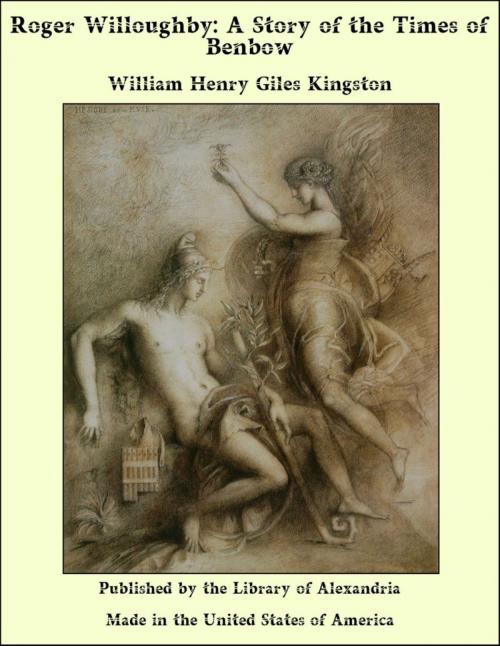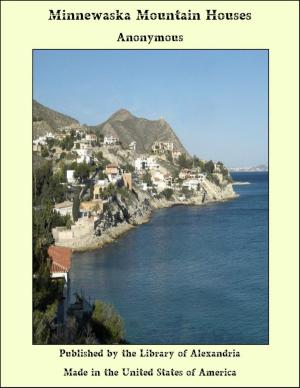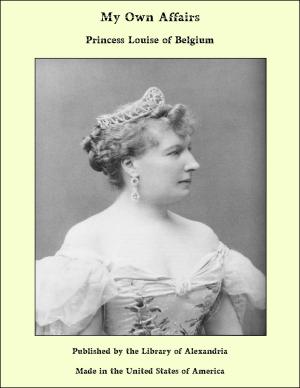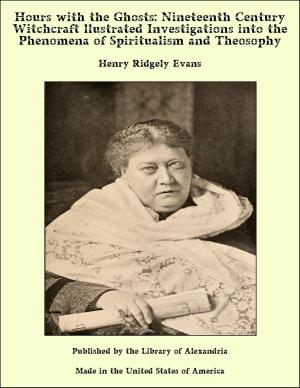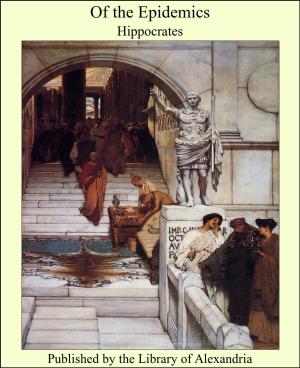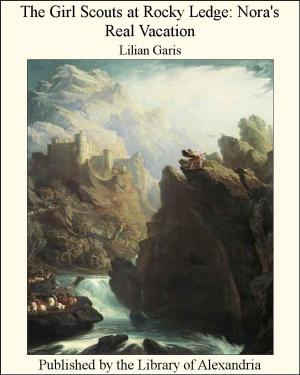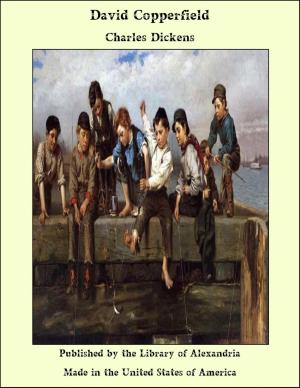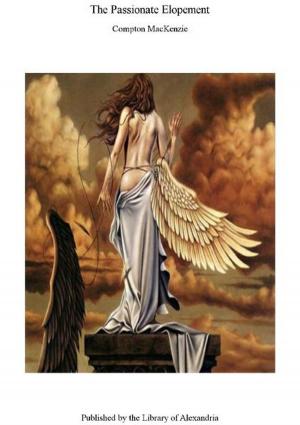Roger Willoughby: A Story of the Times of Benbow
Nonfiction, Religion & Spirituality, New Age, History, Fiction & Literature| Author: | William Henry Giles Kingston | ISBN: | 9781465596208 |
| Publisher: | Library of Alexandria | Publication: | March 8, 2015 |
| Imprint: | Language: | English |
| Author: | William Henry Giles Kingston |
| ISBN: | 9781465596208 |
| Publisher: | Library of Alexandria |
| Publication: | March 8, 2015 |
| Imprint: | |
| Language: | English |
“Hillo, Roger! glad to find you at last. I have been hunting up and down along the cliffs for the last hour or more, till I began to fear that you must have been carried off by a Barbary corsair, or spirited away on the end of Mother Shipton’s broomstick.” The speaker was a fine-looking lad of sixteen, dressed in the costume worn by Puritans in the time of the second Charles—a long cloth coat of unobtrusive hue, knee-breeches, high-heeled shoes with large buckles, a thick neckcloth tied in a bow, and a high-crowned, broad-brimmed hat; but the brim of the lad’s hat was looped up on one side by a rosette of silver lace, his shoe-buckles were of massive silver, his neckcloth was of silk, and his coat of fine cloth, betokening that he was of the rank of a gentleman, and that, if a Puritan, he had taken no small pains to set his person off to the best advantage. “Faith! I had no idea that I had been so long hidden away in my cosy nook, and if you had not ferreted me out, Stephen, I should likely enough have lain perdu for another hour or more,” answered Roger, a sturdy blue-eyed boy, apparently a year or two younger than Stephen Battiscombe, and of the same station in life; but his dress, though of gayer colours and less precise cut than that of his friend, was somewhat threadbare, and put on as if he had not troubled himself much about the matter. “See, I have been studying the art of navigation, and begin to hope that I shall be able to sail a ship through distant seas as well as Drake or Cavendish, or Sir Martin Frobisher, or Sir Richard Grenville, or the great Christopher Columbus himself,—ay, and maybe to imitate their gallant deeds,” he continued, holding up a small well-thumbed volume. “I have not made as much progress this morning as I expected to do, for I have ever and anon been watching yonder fine ship, which has long been in sight, striving to beat down Channel against this light westerly breeze, but for some time past she has made no progress, or rather has been drifting back to the eastward.”
“Hillo, Roger! glad to find you at last. I have been hunting up and down along the cliffs for the last hour or more, till I began to fear that you must have been carried off by a Barbary corsair, or spirited away on the end of Mother Shipton’s broomstick.” The speaker was a fine-looking lad of sixteen, dressed in the costume worn by Puritans in the time of the second Charles—a long cloth coat of unobtrusive hue, knee-breeches, high-heeled shoes with large buckles, a thick neckcloth tied in a bow, and a high-crowned, broad-brimmed hat; but the brim of the lad’s hat was looped up on one side by a rosette of silver lace, his shoe-buckles were of massive silver, his neckcloth was of silk, and his coat of fine cloth, betokening that he was of the rank of a gentleman, and that, if a Puritan, he had taken no small pains to set his person off to the best advantage. “Faith! I had no idea that I had been so long hidden away in my cosy nook, and if you had not ferreted me out, Stephen, I should likely enough have lain perdu for another hour or more,” answered Roger, a sturdy blue-eyed boy, apparently a year or two younger than Stephen Battiscombe, and of the same station in life; but his dress, though of gayer colours and less precise cut than that of his friend, was somewhat threadbare, and put on as if he had not troubled himself much about the matter. “See, I have been studying the art of navigation, and begin to hope that I shall be able to sail a ship through distant seas as well as Drake or Cavendish, or Sir Martin Frobisher, or Sir Richard Grenville, or the great Christopher Columbus himself,—ay, and maybe to imitate their gallant deeds,” he continued, holding up a small well-thumbed volume. “I have not made as much progress this morning as I expected to do, for I have ever and anon been watching yonder fine ship, which has long been in sight, striving to beat down Channel against this light westerly breeze, but for some time past she has made no progress, or rather has been drifting back to the eastward.”
